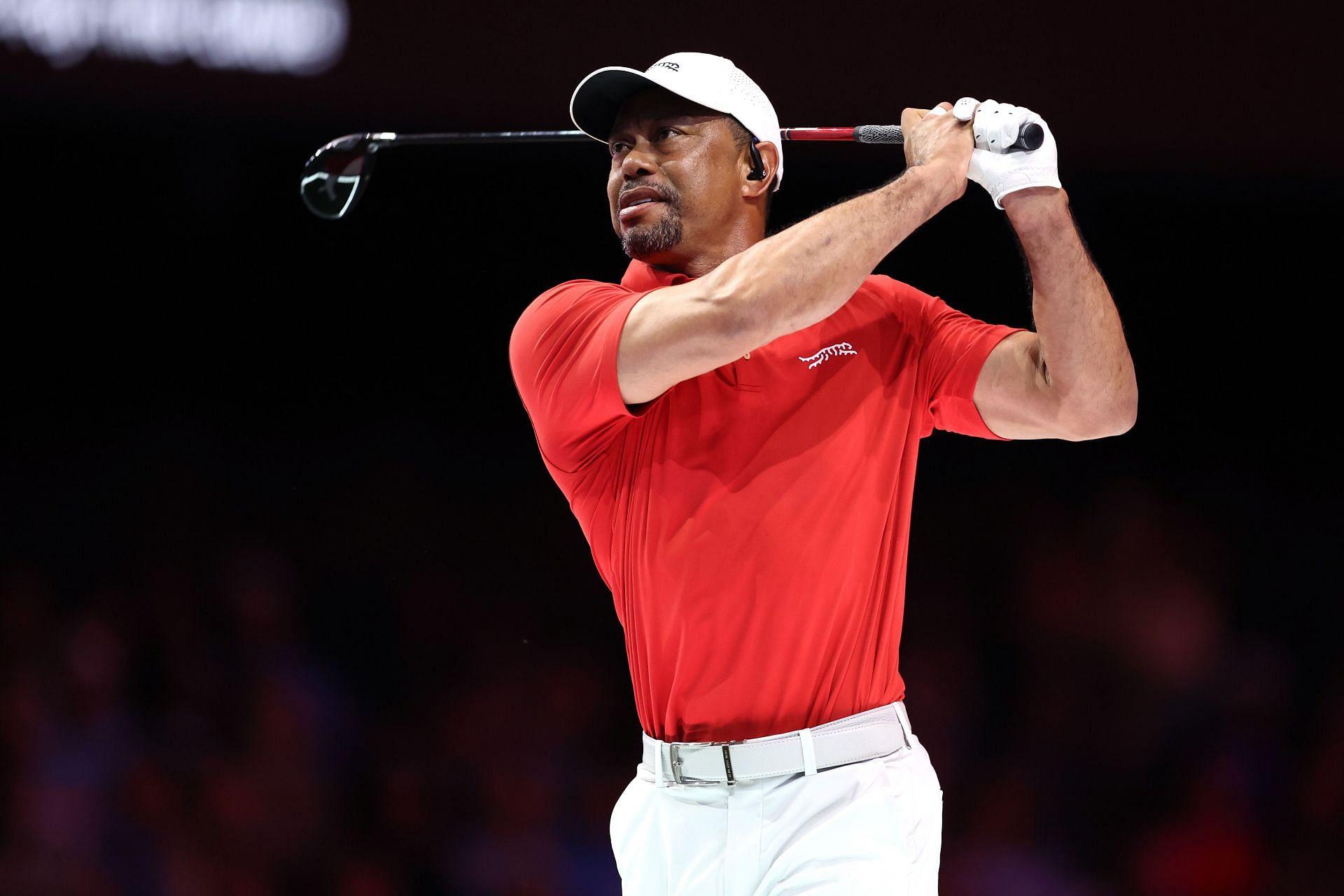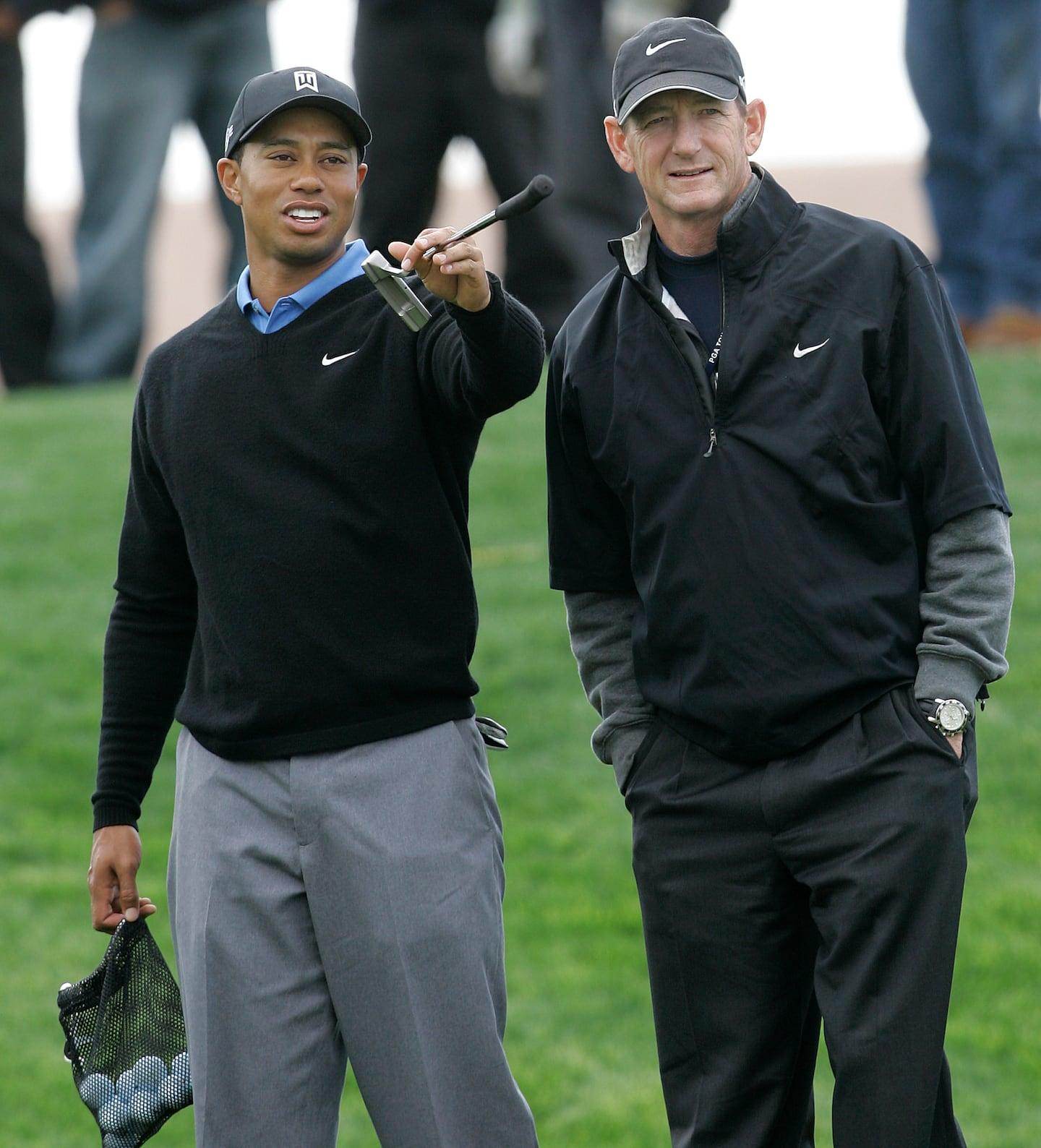Tiger Woods’ Ex-Coach Calls the Golf Rollback a “Horrible Idea” While Endorsing Views of a Sports Biomechanist

In a recent wave of debate surrounding the proposed golf ball rollback rule, Tiger Woods’ former coach, Hank Haney, has publicly slammed the initiative as a “horrible idea.” Haney, who guided Woods to 31 PGA Tour titles and six major championships between 2004 and 2010, voiced his support for sports biomechanist Dr. Sasho MacKenzie, who argues that the rule change will fail to achieve its intended goals. The controversy, sparked by the United States Golf Association (USGA) and the R&A’s plan to limit the distance golf balls can travel in elite competitions, has divided opinions in the golfing world, with Haney’s outspoken stance adding fuel to the discussion.

The golf ball rollback, set to take effect in 2028 for professional players and 2030 for recreational golfers, aims to address the increasing distances achieved by modern players, which some argue has rendered classic courses obsolete. The modified golf ball would reduce flight distance, theoretically leveling the playing field and preserving the strategic integrity of the game. However, critics like MacKenzie, a professor of sports biomechanics at St. Francis Xavier University and co-founder of the Stack System used by PGA Tour pros, contend that the rule will not deliver the desired outcomes. During an appearance on Dan of Golf with Dan Rapaport, MacKenzie explained that the rollback would not effectively curb distances enough to make a meaningful difference, calling it “not the way to go.” He emphasized that the governing bodies’ objectives, such as protecting the longevity of historic courses, would remain unfulfilled.

Haney, known for his candid takes on golf’s evolution, amplified MacKenzie’s perspective by resharing the interview clip on social media on June 8, 2025. His caption read, “This is a fantastic take and exactly why rolling the ball back is a horrible idea.” The post quickly gained traction, amassing over 220,000 views and reigniting discussions among fans and players alike. Haney’s endorsement of MacKenzie’s views carries weight, given his extensive experience coaching one of golf’s greatest players. His time with Woods, which culminated in numerous accolades, established him as a respected voice in the sport, though his controversial book, The Big Miss, detailing his tenure with Woods, stirred its own share of criticism.
The rollback debate touches on broader concerns about golf’s future. Proponents argue that ever-increasing distances, driven by advancements in equipment and player athleticism, threaten the game’s heritage. Iconic courses like Augusta National have undergone modifications to keep pace with modern power, prompting calls for regulatory intervention. Yet, opponents, including MacKenzie and Haney, question whether the rollback is the right solution. MacKenzie’s biomechanical expertise suggests that factors like swing speed and technique play a larger role in distance gains than the ball itself. Reducing ball performance, he argues, may disproportionately affect certain players while failing to address the root causes of the issue.
Haney’s critique aligns with his broader commentary on golf’s challenges. Recently, he has pointed to the absence of Woods, now 49 and sidelined by injuries, as a factor in professional golf’s declining viewership. The 15-time major champion’s limited appearances, including his withdrawal from the 2025 Masters due to an Achilles injury, have left a void in the sport’s appeal. Haney’s vocal opposition to the rollback reflects his belief that golf should prioritize innovation and excitement over restrictive measures. His support for MacKenzie underscores a shared skepticism about the governing bodies’ approach, suggesting that alternative solutions, such as course redesign or adjusted tournament formats, might better preserve the game’s competitive balance.
The golfing community remains split. Some players, particularly those reliant on distance, echo Haney’s concerns, fearing the rollback could alter their playing style. Others, including traditionalists, see it as a necessary step to safeguard the sport’s essence. Social media platforms like X have become battlegrounds for these debates, with fans weighing in on whether the rollback will enhance or hinder golf’s future. As the 2028 implementation date looms, the USGA and R&A face mounting pressure to justify their decision amidst vocal opposition from figures like Haney and MacKenzie.
For now, the rollback remains a polarizing topic, with no easy resolution in sight. Haney’s alignment with MacKenzie’s scientific perspective highlights the complexity of balancing tradition with progress in golf. As the sport navigates this crossroads, the voices of its most influential figures will continue to shape its trajectory, ensuring that the conversation remains as dynamic as the game itself.




